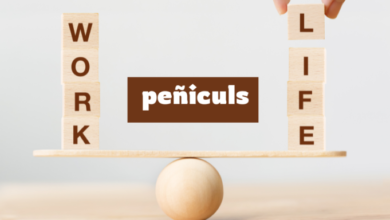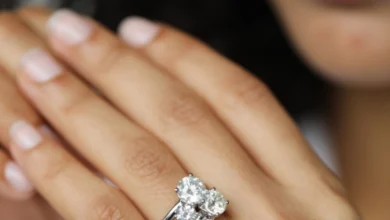Understanding Utanmaz Türklere: Breaking Down Stereotypes and Fostering Inclusivity

Introduction to Utanmaz Türklere
In the realm of social interactions and cultural dynamics, certain terms emerge to encapsulate specific behaviors and attitudes. Utanmaz Türklere is one such term, albeit one laden with complexity and subjectivity. In this article, we delve into the concept of Utanmaz Türklere, its historical roots, societal impact, and strategies to address and combat associated stereotypes.
Understanding the Term Utanmaz Türklere
The term Utanmaz Türklere translates to shameless Turks in English. However, its meaning extends beyond its literal translation, encompassing a range of behaviors and attitudes perceived as disrespectful, audacious, or lacking in social decorum.
Historical Context of Utanmaz Türklere
Origins and Evolution
The origins of the term trace back to historical narratives and cultural perceptions. It emerged as a label for individuals who defy societal norms or exhibit behavior deemed inappropriate by traditional standards.
Cultural Implications
Utanmaz Türklere carries significant cultural weight, reflecting broader attitudes towards assertiveness, individualism, and social hierarchies within Turkish society. Its usage has evolved, influenced by historical events, cultural shifts, and external perceptions.
Characteristics of Utanmaz Türklere
Behavioral Traits
Utanmaz Türklere are often characterized by their outspokenness, disregard for authority, and willingness to challenge societal norms. They may exhibit behaviors perceived as confrontational or disrespectful, leading to friction within social contexts.
Social Interactions
In interpersonal interactions, Utanmaz Türklere may prioritize self-expression over conformity, leading to conflicts or misunderstandings with more conservative individuals or groups. Their assertiveness can be perceived as a threat to established hierarchies or cultural values.
Impact on Society
Perception and Stereotypes
The term Utanmaz Türklere is laden with stereotypes and preconceptions, shaping how individuals are perceived within society. They may be viewed with suspicion or disdain, facing discrimination or marginalization based on perceived social deviance.
Influence on Community Dynamics
The presence of Utanmaz Türklere within communities can disrupt social cohesion and exacerbate tensions between different social groups. Their actions may challenge existing power structures or cultural norms, prompting reactions ranging from admiration to condemnation.
Addressing Misconceptions
Breaking Down Stereotypes
To foster greater understanding and empathy, it is essential to challenge stereotypes associated with Utanmaz Türklere. This involves recognizing the diversity of experiences and perspectives within Turkish society, and avoiding blanket judgments based on individual behavior.
Encouraging Understanding and Empathy
By promoting dialogue and education, we can cultivate empathy and tolerance towards individuals labeled as Utanmaz Türklere. This involves challenging prejudices, fostering open-mindedness, and acknowledging the complexities of human behavior.
Ways to Combat Utanmaz Türklere
Education and Awareness
Educational initiatives aimed at debunking stereotypes and promoting cultural sensitivity are crucial in combating the stigma associated with Utanmaz Türklere. By fostering critical thinking and empathy, we can challenge negative perceptions and foster inclusivity.
Promoting Inclusivity
Creating inclusive spaces where diverse perspectives are valued and respected is essential in combating discrimination and prejudice. By celebrating differences and fostering mutual respect, we can build a more harmonious and accepting society.
Conclusion
In conclusion, Utanmaz Türklere is a term laden with cultural significance and historical connotations. By understanding its origins, challenging stereotypes, and promoting inclusivity, we can foster a more tolerant and empathetic society.



